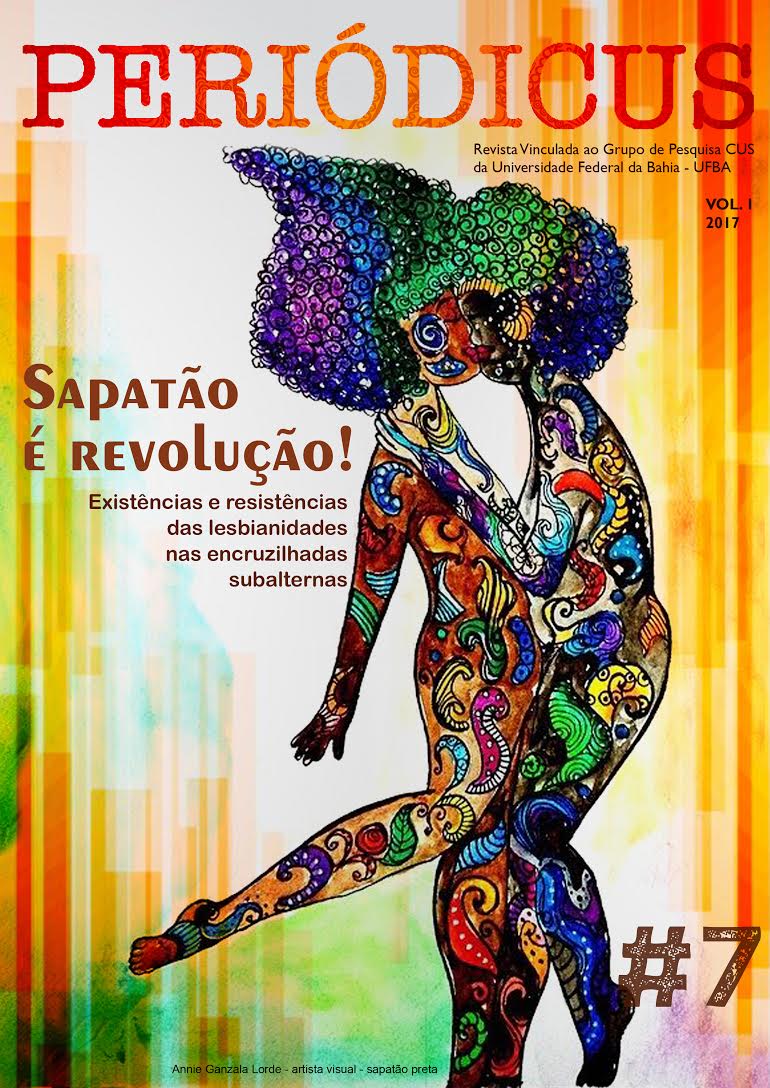DeCUlonização e diásporas trans: uma entrevista com Sanni e Pêdra Costa
DOI:
https://doi.org/10.9771/peri.v1i7.22289Abstract
Entender a teoria queer desde o sul? Como se não houvesse uma teoria queer que fosse desde sempre diáspora, mistura, encruzilhada. Só as máquinas acadêmicas de purificação podem trabalhar com extratos puros, sejam do norte ou do sul. Nós queremos outra coisa, nós queremos desmontar privilégios sem apelar para tais máquinas que produzem coisas puras como “teoria queer do norte” x “estudos de gênero e sexualidade do sul”. Entender o sentido da encruzilhada, Exu, é viver sem fronteiras, como já falava Anzaldúa (1987). Aqui o queer transborda em kuir, quier, etc. O “decolonial turn” vira decolonial, descolonial, deculonial. As artes do cu pedem passagem. Somos excêntricas para descentralizar, somos transcêntricas, não porque buscamos uma centralidade trans-normativa (será que existe mesmo essa tal transnormatividade ou ela é apenas um efeito de hétero-terror? Aquele medinho de que corpos trans venham a diluir seus territórios de certezas e coerências abduzindo as subjetividades para o planeta transexual?).Downloads
Downloads
Published
How to Cite
Issue
Section
License
Copyright (c) 2017 Revista Periódicus

This work is licensed under a Creative Commons Attribution-NonCommercial 4.0 International License.
Authors who publish in this journal agree to the following terms:
Authors retain copyright and grant the journal the right of first publication, with the work simultaneously licensed under a Creative Commons Attribution Noncommercial License that allows the work to be shared with acknowledgment of authorship and initial publication in this journal, but prohibits commercial use.
Authors are authorized to enter into separate additional contracts for non-exclusive distribution of the version of the work published in this journal (e.g., publishing in an institutional repository or as a book chapter), with acknowledgment of authorship and initial publication in this journal.
Authors are permitted and encouraged to publish and distribute their work online (e.g., in institutional repositories or on their personal website) at any point before or during the editorial process, as this can generate productive changes and increase the impact and citation of the published work (see The Effect of Open Access).








